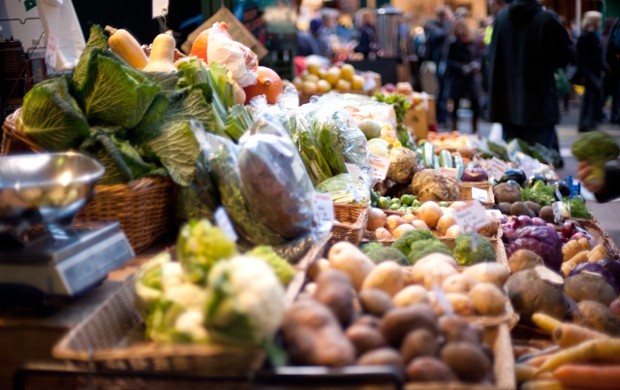Nowadays, more and more people are making the switch to a plant-based diet – either in whole, or in part. You might try this for a wide range of reasons. There are nutritional benefits, as well as ethical and environmental ones. Or, you might simply like the taste of vegetables, and seek to incorporate more of them into your diet.
If you want to go all-in on plants, however, then you’ll be eating a vegan diet. So exactly what does that entail?
What is a vegan diet?
A vegan diet is one that excludes anything that’s produced using animals. So that means that not only will you be avoiding meat – you’ll also be avoiding milk, cheese and eggs. More than that, you’ll be avoiding anything that contains animal fats, like gelatin, and other animal-based products, like honey.
Making the transition
It’s usually best to make a gradual transition to veganism, rather than going all-in on a single day. This will allow you to work out exactly what you’re going to be eating, if it’s not going to be animal-based. Buy a few vegan recipe books, and see if you can inspire yourself for a few nights a week. Then gradually go further. You don’t have to give up on snacking, either: cereal bars make an appealing vegan-friendly option.
What to be mindful of when becoming vegan
When you’re moving away from animal products, it’s important to bear in mind that you’ll be missing out on certain nutrients. The most widely-cited example is protein. While you might be able to get certain kinds of protein from things like nuts and beans, you won’t have the same concentration of them as you’d find in eggs or chicken breast, and you won’t find ‘complete’ proteins, either. This means that you’ll need to be a bit more careful to eat a range of different foods, and thereby get the proteins you need.
There are also certain kinds of micronutrients, like vitamin b12, which vegans struggle to get. You can often find these in supplements, or in certain kinds of ‘reinforced’ breakfast cereal. This will ensure that your nervous system remains healthy. If you’re suffering from tiredness, ulcers or general weakness after making the switch, it might be that vitamin b12 deficiency is to blame.
Why veganism can be good for your health
If you’re on a vegan diet, then you’ll be able to avoid many of the harms associated with eating meat. While there’s no definitive proof to indicate that veganism is the healthier option, the fact is that most people could stand to eat more vegetables – and switching to a vegan diet will force you to make healthier choices.








